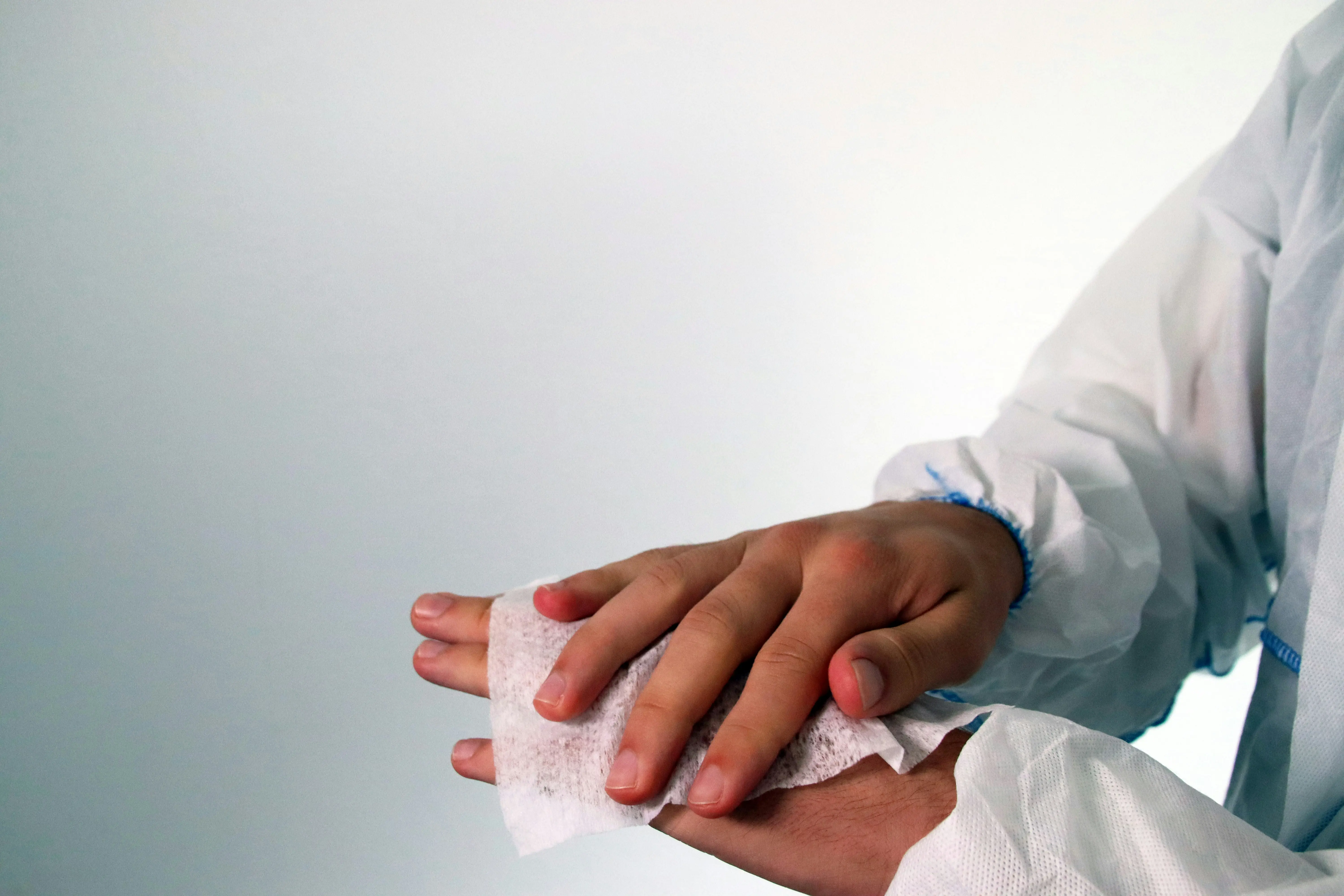Everyday Antimicrobial Linked to Allergies in Children, Study Finds

A widely used antimicrobial found in soaps, toothpaste, and cleaning products may be silently fueling allergic conditions in children, according to a new study from Brown University’s School of Public Health.
The culprit is triclosan, a compound once praised for its bacteria-killing powers but now under increasing scrutiny. Researchers analyzed urine samples from hundreds of children and found that higher triclosan levels were significantly associated with increased risk of eczema and allergic responses.
“This is not just about hand soap,” said lead author Dr. Joseph Braun. “Triclosan is in so many household products that most children are exposed daily, often without parents even realizing it.”
The study, published in Journal of Allergy and Clinical Immunology, focused on children aged 3 to 12 and measured biomarkers of immune activation. Those with the highest triclosan exposure were twice as likely to suffer from chronic eczema and reported more frequent allergy-related symptoms, such as wheezing, sneezing, and itchy eyes.
While previous animal studies had hinted at triclosan’s effects on the immune system, this is among the strongest human-based evidence linking it to actual allergic disease outcomes.
The findings come as the FDA and international regulators have begun banning or restricting triclosan in consumer products. Yet, it remains legal in many items, particularly outside the US, and continues to be detected in more than 70 percent of American urine samples, according to the CDC.
“This study suggests that triclosan doesn’t just disrupt bacterial balance on our skin, it may also interfere with immune development, especially during key childhood years,” Braun said.
Experts say the research strengthens the call for stricter regulation of antimicrobial additives and for parents to scrutinize product labels more carefully.
In an era where over-sanitization is under fresh scrutiny, this research challenges the assumption that cleaner means healthier. For some kids, the path to allergies may begin not in pollen fields, but in their own bathroom cabinets.